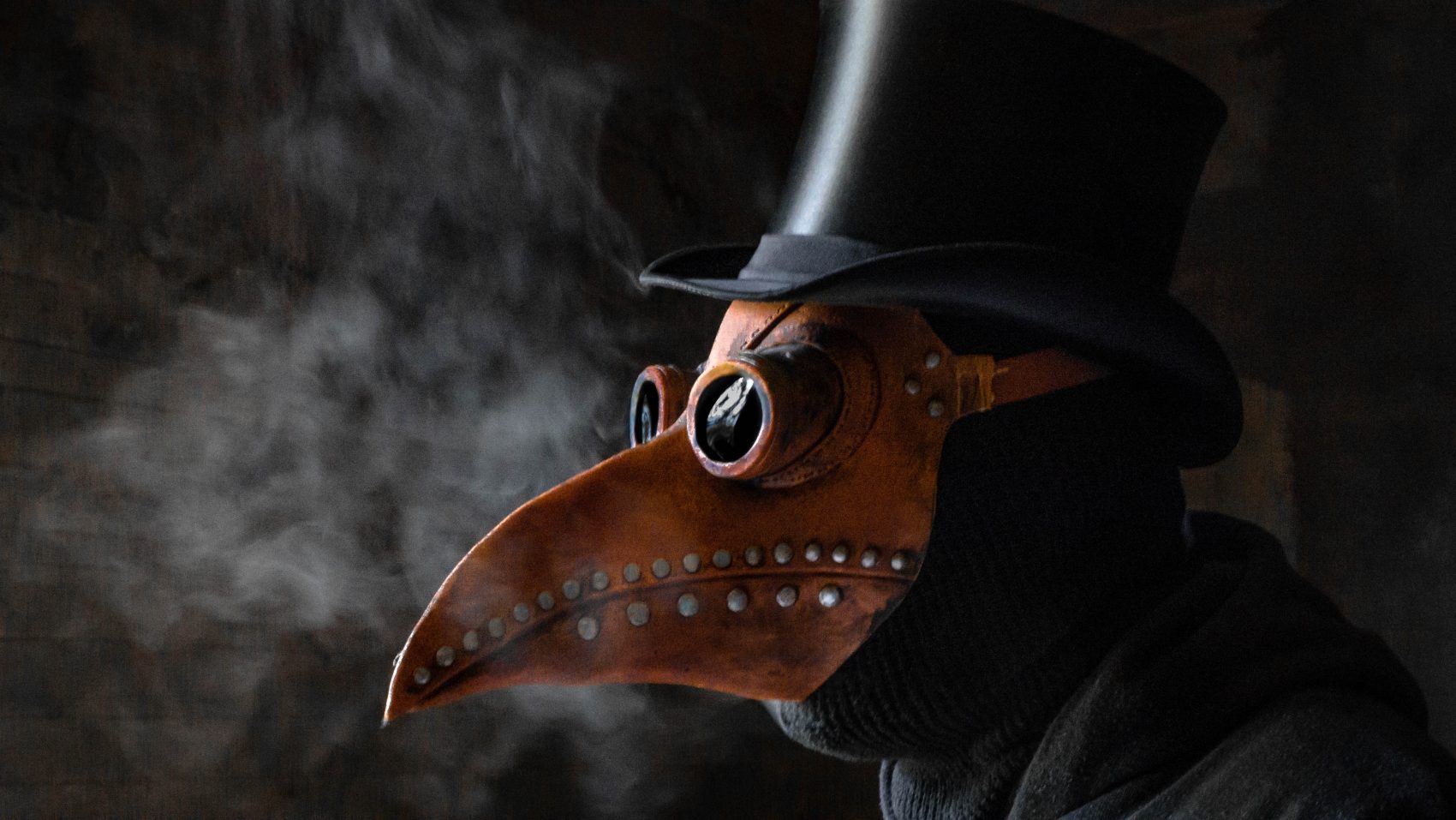
Chipmunks located in South Lake Tahoe, California have tested positive for the bubonic plague recently, according to the Tahoe Daily Tribune.
Luckily, a spokesperson for El Dorado County reported that “the mammals hadn’t had any contact with humans,” as stated by Travel Leisure. Regardless, to ensure the safety of tourists, Taylor Creek Visitor Center and Kiva Beach will be closed until Saturday, August 7, in order to perform “plague treatment.” Within these areas, the U.S. Forest Service all use a vector control method to complete the plague treatment, as stated by The Associated Press.
Another way to guarantee safety among humans is to steer clear of wild animals when participating in outdoor activities. This is because the disease typically transfers to people after handling an infected animal or after being bit by a rodent flea. If caught, plague symptoms include fever, headache, chills, weakness, and one or more painful lymph nodes, according to the CDC. Fortunately, the plague is rare among humans. A South Lake Tahoe resident become the first person to test positive in five years last August. “Human cases of plague are extremely rare, but can be very serious,” states Dr. Nancy Williams, the county’s public health officer.

The plague is most commonly known as the illness that wiped out millions of people in the Middle Ages. Today, antibiotics can fight off the disease if diagnosed early. The plague is present today in rural parts of the western United States, Asia, and Africa.
This isn’t the first time there was an outbreak in South Lake Tahoe. In 2012, in the Taylor Creek area, the same one that is currently closed off, there was another chipmunk outbreak. More recently, in 2019 the Rocky Mountain Arsenal National Wildlife Refuge in Colorado shut down for around a month because a colony of prairie dogs was infected by the bubonic plague.





